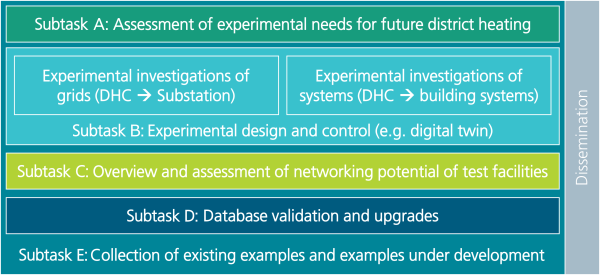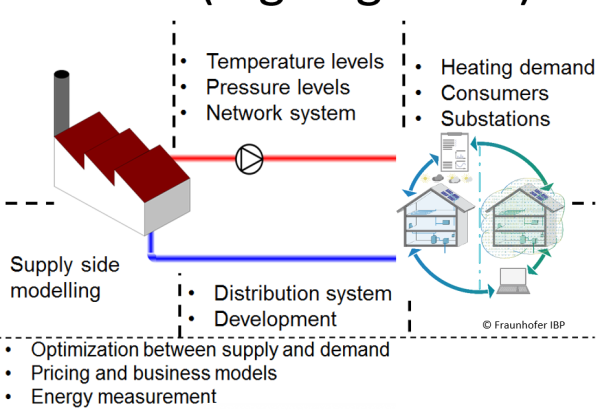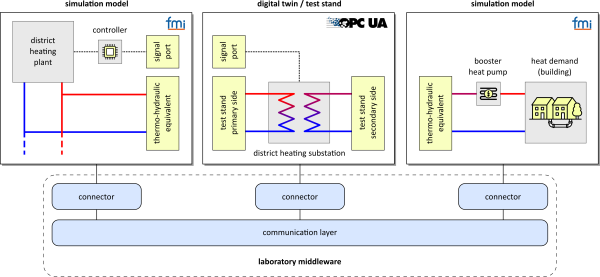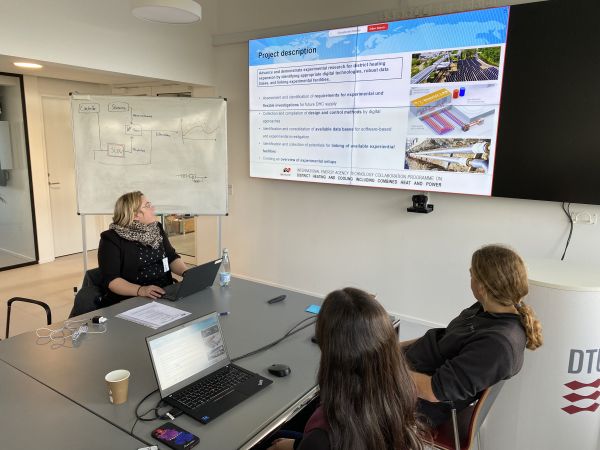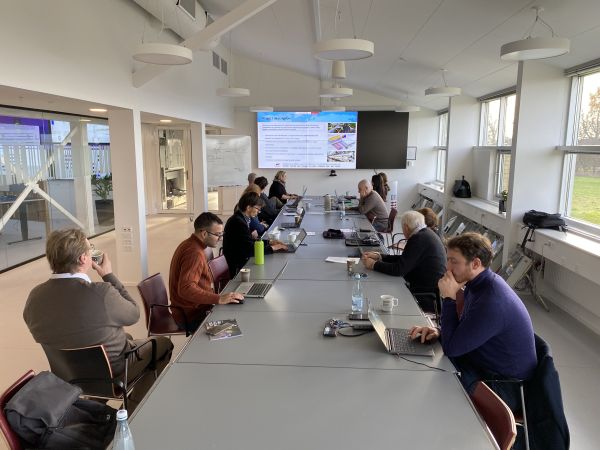IEA DHC Annex TS8: Experimental investigations of DHC systems
Short Description
Goals
The refurbishment and extension of district heating and cooling (DHC) networks will be a significant contribution to the energy transition. This enables new operating strategies for the use of volatile heat sources, based on innovative flexibility, digitalization and sector coupling approaches. However, a prerequisite for the successful implementation of such new solutions is their experimental validation, requiring an adequate mapping of real-world system to laboratory setups and field experiments.
The aim of the IEA DHC Annex TS8 is to compile and use existing knowledge and expertise from international projects for assessing the experimental needs for future DHC applications. Open research questions are:
- Which R&D activities in the DHC sector need to be covered by new experimental approaches
- What experimental methods are needed for this?
- How can existing testing and research infrastructure be further developed for this purpose?
A strong focus will be put on the integration of digital technologies, both in terms of application (e.g., integration of IoT and cloud solutions, digital twins, or machine learning into DHC operations) and lab implementation (e.g., use of hardware in-the-loop, digital twins, or data spaces in experimental setups).
Contents & Subtask structure
- Subtask A: Assessment of experimental needs to promote future district heating
- Subtask B: Experimental design and control
- Subtask C: Overview and assessment of networking potential of test facilities
- Subtask D: Database or dataset identification, validation, enhancement and interoperability
- Subtask E: Collection of existing examples and examples under development
- Subtask F: Knowledge Transfer & Dissemination
Expected results
- Analysis of the experimental needs of the industry (e.g., utilities, digital service providers); emphasis on laboratory studies and field experiments; participation of industry partners enables a "reality check".
- Identification of research questions related to the design and implementation of experiments, focusing on DHC applications at building and network level.
- Collection of approaches and examples for coupling test infrastructure (including living labs) against the background of sector coupling, taking into account tests at component and system level.
- Assessment of data-related challenges, best practice examples for minimizing data-related risks for the implementation of new DHC applications, consideration of interoperability issues (e.g., via Data Spaces).
- Identification, review and classification of existing and under development laboratory and testing facilities, creation of fact sheets.
Project Images
Terms of use: The pictures listed underneath the header “Project Pictures” originate from the projects in the frame of the programmes City of Tomorrow, Building of Tomorrow and the IEA Research Cooperation. They may be used credited for non-commercial purposes under the Creative Commons License Attribution-NonCommercial (CC BY-NC).
Participants
Belgium, Denmark, Estonia, Germany (Operating Agent), France, Greece, Austria, Sweden, South Korea
Contact Address
Project leader
Edmund Widl
AIT Austrian Institute of Technology GmbH
Giefinggasse 4, 1210 Wien
E-Mail: edmund.widl@ait.ac.at
Project partners
- Markus Gölles
BEST – Bioenergy and Sustainable Technologies GmbH
Inffeldgasse 21b, 8010 Graz
E-Mail: markus.goelles@best-research.eu - Ingo Leusbrock
AEE – Institut für Nachhaltige Technologien
Feldgasse 19, 8200 Gleisdorf
E-Mail: i.leusbrock@aee.at

